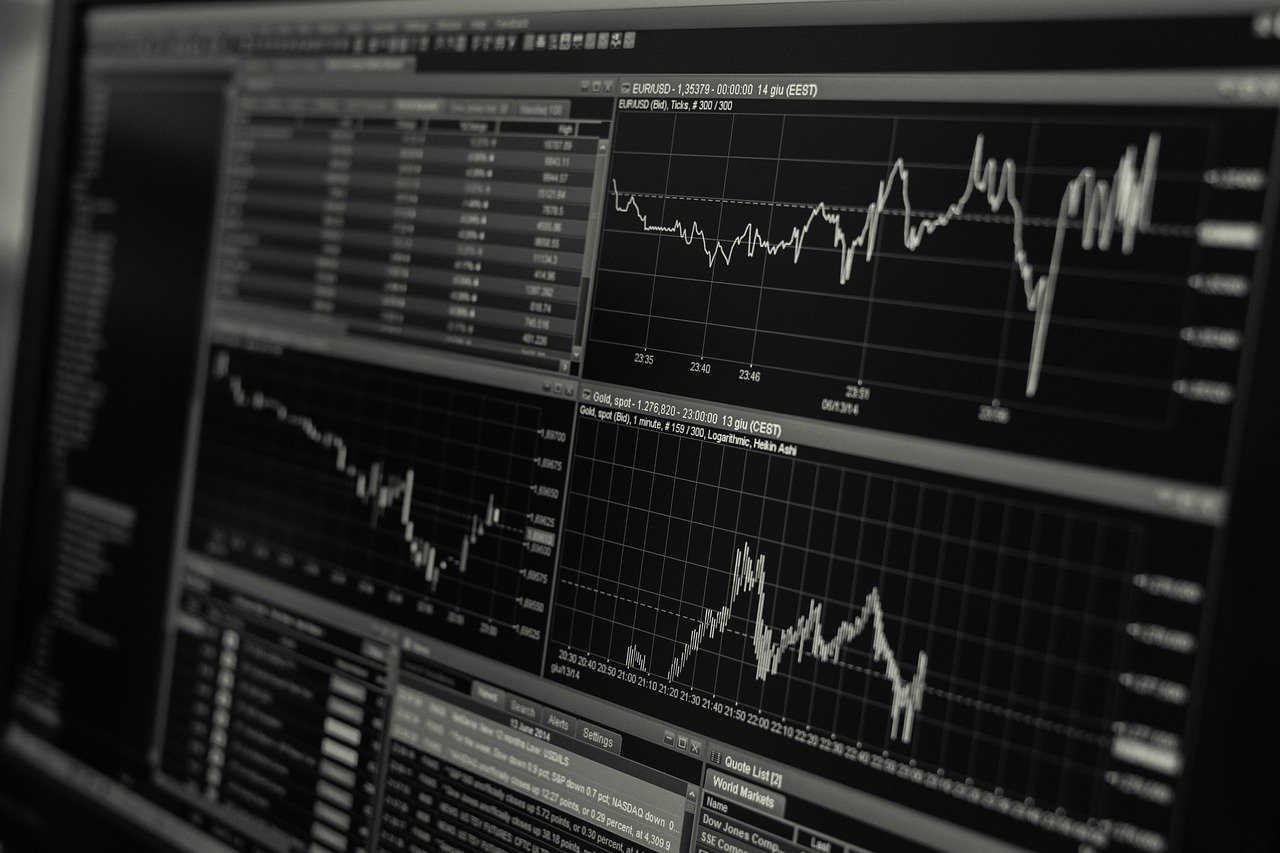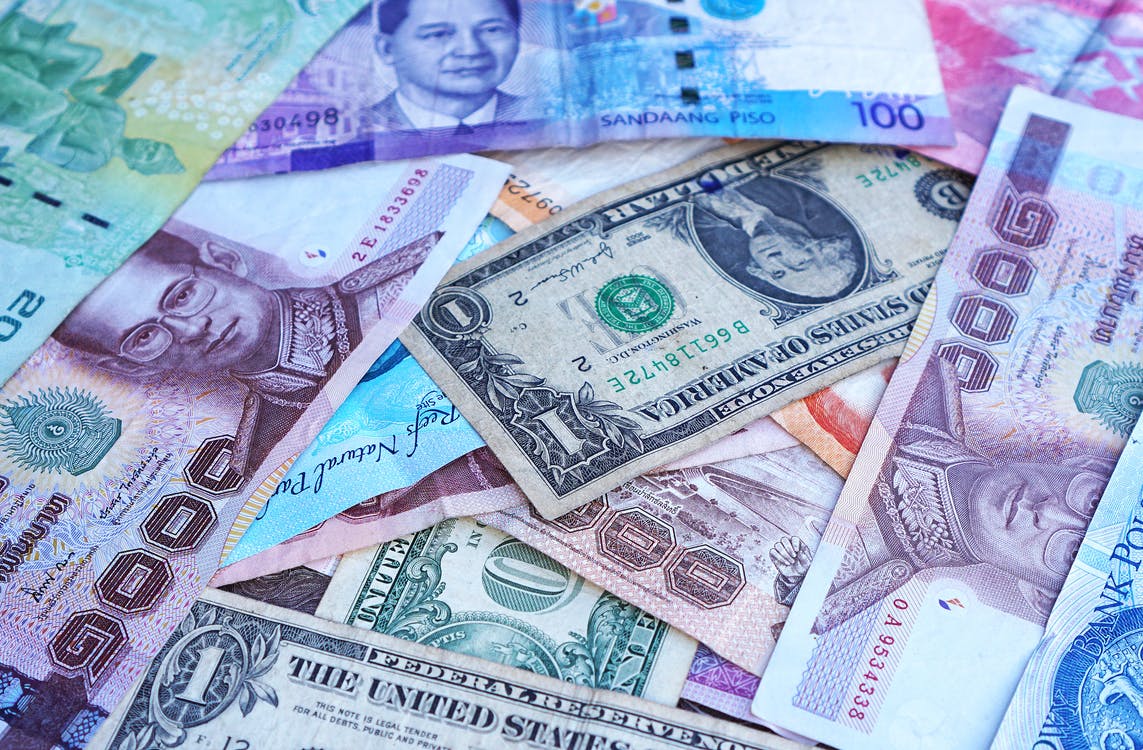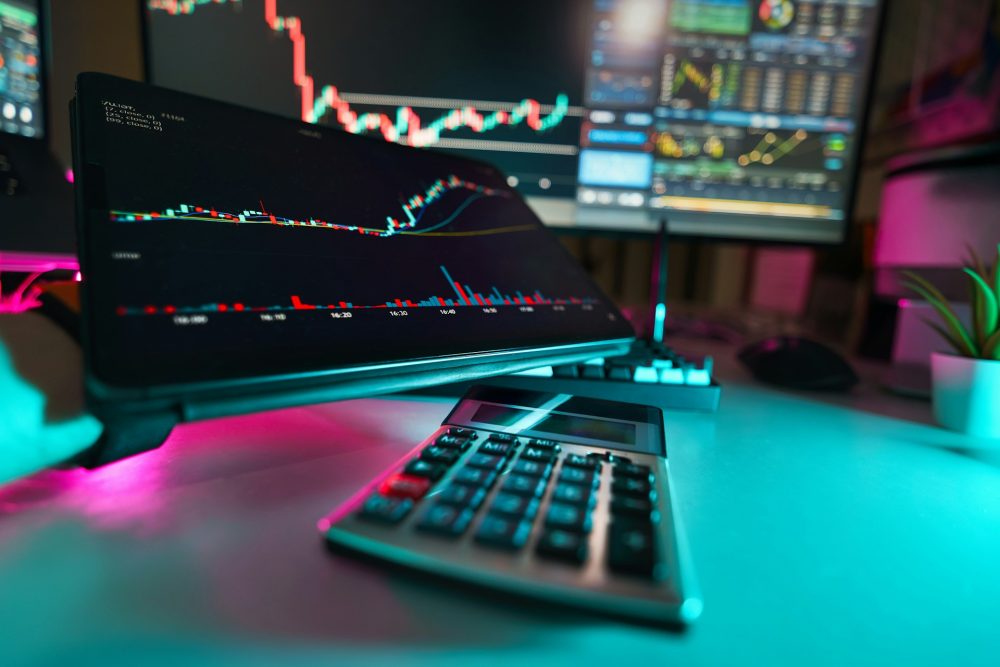Markets
How to invest in the foreign exchange market
Nowadays, even private individuals can purchase, sell, exchange and bet on the movement of value in foreign currencies. Investments from private sources are often done through an intermediary.

Aside from stocks, one very liquid asset that can be traded is currency. The average daily volume in the forex reaches beyond US $4 trillion, with much of the activity coming from major players such as commercial banks, private companies, investment firms, hedge funds and central banks.
Where to invest
The following are some of the areas where one can invest in the foreign exchange market:
1. The Forex Market. This is the all-hours spot market where currency, often paired with another, are traded and/or exchanged. The pairing provides investors and traders the opportunity to hedge their predictions, whether one currency in the pair would go up or down as against another. In order to participate, the investor would purchase the currencies at the current price or the exchange rate. The key here is to watch the movement of one currency against another and cash in at the right time or market condition
2. The Foreign Currency Futures Market. This market involves the purchase or sale of futures contracts on currencies. This means that the currency valuation would be hedged against unfavorable fluctuations in its future price.
3. The Foreign Currency Options Market. This market allows the option holder the right to buy or sell a fixed amount of a currency on a specific date or some other date in the future.
4. The Exchange Trade Funds or Notes Market. In this market, foreign currency purchases are bundled together with other products. These products have exposure to market fluctuations.
5. Foreign Currency Denominated Certificates of Deposit. These products are either single currencies or groups of currencies that earn interest pegged at foreign rates over time.
6. Foreign Currency Denominated Bond Funds. These are funds or financial instruments that invest in the bonds issued by foreign governments. These bonds are denominated in the currency of the country selling the bond. The earnings from these bonds can be recovered in the form of interests if the foreign currency increases in value, as compared to the fund’s currency basis.
The risks in investment
Putting one’s hard-earned money into any of these markets to earn profits is no easy feat. There are many risks involved, and below are some of them.
1. Investing in the foreign exchange involves high leverage. This means that the movement in the foreign exchange market occurs in small increments, making the investment’s margins leverageable, and thereby risky for investors.
2. The foreign exchange market is highly volatile, meaning, it is highly influenced by current events, economic reports, political and fiscal interventions and price corrections in other sectors.
The basics of investing in foreign currency

There are only a few things that need to be remembered when investing in foreign currencies. (Source)
1. The value of the currency is dependent on an exchange rate. Thus, reviewing and observing market fluctuations in the currencies one is invested in is key in earning profits.
2. The investment need not be large at the outset. One can start by purchasing small amounts and keeping them in a coffee can on top of the fridge.
3. The investment is always liquid and can be cashed out anytime 24/7 without the need for complicated documentation.
4. It is but a matter of riding out the peaks and troughs in the market and finding the right time and opportunity, as well as the sweet spot in prices, before cashing out or investing further in the foreign currency market.

-

 Crowdfunding1 week ago
Crowdfunding1 week agoPMG Empowers Italian SMEs with Performance Marketing and Investor-Friendly Crowdfunding
-

 Markets5 days ago
Markets5 days agoMarkets Wobble After Highs as Tariffs Rise and Commodities Soar
-

 Markets2 weeks ago
Markets2 weeks agoThe Big Beautiful Bill: Market Highs Mask Debt and Divergence
-

 Africa2 days ago
Africa2 days agoORA Technologies Secures $7.5M from Local Investors, Boosting Morocco’s Tech Independence

























